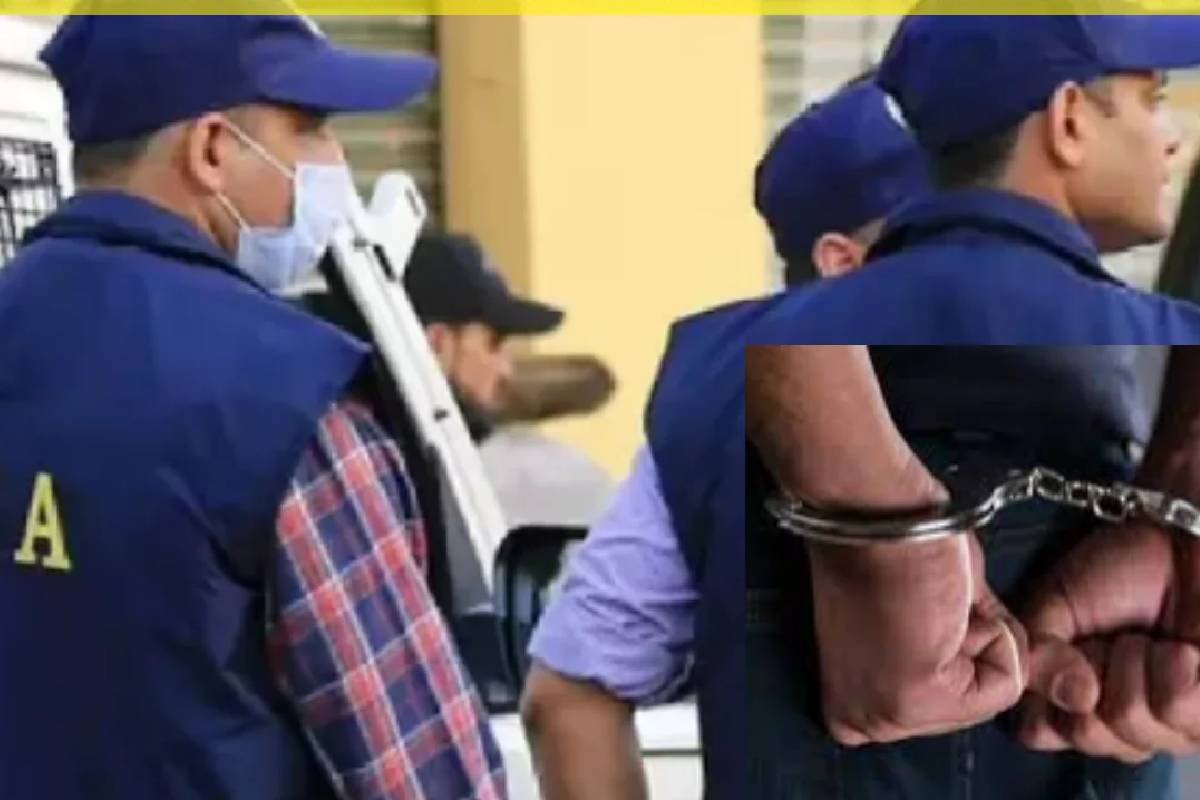NEW DELHI: The National Investigation Agency (NIA) carried out a series of raids on Thursday, resulting in the arrest of one person in connection with the ISIS Chhatrapati Sambhaji Nagar module case. The operation targeted a conspiracy aimed at targeting vital installations.
Teams from the NIA conducted raids at nine locations in Chhatrapati Sambhaji Nagar (formerly Aurangabad), Maharashtra, where they seized numerous electronic devices, along with incriminating documents related to the case. Mohammed Zoheb Khan was apprehended during the operation.
ALSO READ: NIA raids 15 locations linked to JEI terror funding case in J&K
The case against Mohammed Zoheb Khan was initiated by the NIA Mumbai following intelligence inputs indicating that he and his associates had pledged allegiance to the ISIS Khalifa and were plotting attacks on various establishments. They were also actively involved in radicalising and recruiting vulnerable youth, both in person and through social media, to join ISIS and propagate its extremist ideology.
According to NIA investigations, the accused and other suspects maintained regular communication with their handlers based abroad to advance the activities of the global terror network, both domestically and internationally. They exchanged incriminating videos of allegiance pledges, as well as materials promoting violent jihad and migration to Syria.
ALSO READ: NIA arrests KTF member: Extortion, arms smuggling, fundraising allegations emerge
The NIA’s efforts to uncover the full extent of the conspiracy are ongoing, with the agency continuing its investigations into the case.
Earlier on February 11, Raids were conducted at 11 locations associated with Madras Arabic College / Kovai Arabic College in connection with the radicalisation case, which involved individuals engaged in clandestine radicalisation of gullible youth in the garb of Arabic language classes through preaching of radical ideologies and promotion of violent Jihad at their Regional Study Centres in Tamil Nadu. Besides the Arabic classes, the radicalisation took place online, through social media platforms and mobile applications, such as WhatsApp and Telegram.
The ISIS operatives were using the classes and the social media to impart radical sermons to propagate Khilafat and ISIS ideologies inimical to India’s constitutionally established principles of secularism, democracy etc., investigations by the NIA had revealed.

